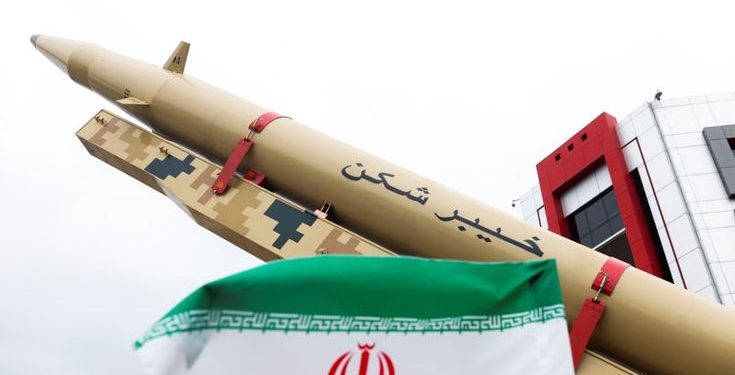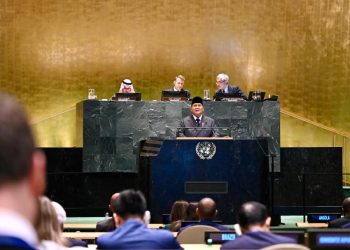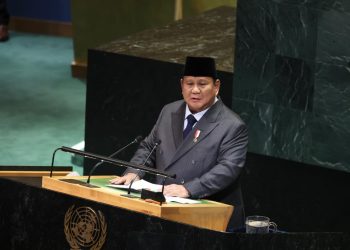Jakarta, Indonesia Sentinel — Iran has officially severed its cooperation with the International Atomic Energy Agency (IAEA) following U.S. and Israeli strikes on its nuclear sites during a 12-day conflict earlier this month.
Iranian state media reported that the country’s parliament passed a bill suspending collaboration with the U.N. nuclear watchdog, which was subsequently approved by the Guardian Council and signed into law by President Masoud Pezeshkian. The legislation does not outline specific steps to follow the suspension.
According to the ISNA news agency, Iranian lawmaker Alireza Salimi stated that IAEA inspectors will now require authorization from Iran’s Supreme National Security Council to access nuclear facilities.
Separately, lawmaker Hamid Reza Haji Babaei told Mehr News Agency that Iran would stop allowing IAEA surveillance cameras in its nuclear sites, though it’s unclear if this is explicitly covered under the new law.
“The legislation aims to reaffirm Iran’s rights under the Nuclear Non-Proliferation Treaty, with a strong focus on uranium enrichment,” Iranian media states, as reported by AFP.
Read Also:
Iran Supreme Leader Khamenei Declares Victory Following Ceasefire With Israel
The United States condemned Iran’s decision. U.S. State Department spokesperson Tammy Bruce said Iran had “chosen the wrong path at a time when there was an opportunity for peace and prosperity.”
Germany’s Foreign Ministry spokesman Martin Giese called the move a “disastrous signal,” while a spokesperson for U.N. Secretary-General António Guterres described it as “deeply concerning.”
The 12-day war between Iran and Israel caused extensive damage to Iran which has claimed over 900 lives including senior military officials, and has caused damage to its nuclear infrastructure and nuclear scientists. Iranian Foreign Minister Abbas Araghchi described the damage to its nuclear sites as “severe.”
On June 22, the U.S. supported Israel in airstrikes that reportedly destroyed Iran’s Fordow and Natanz nuclear facilities using GBU-57 bunker-buster bombs. Concurrently, the U.S. Navy launched Tomahawk cruise missiles from a submarine targeting the Isfahan nuclear complex, which was also reported damaged.
(Raidi/Agung)


























